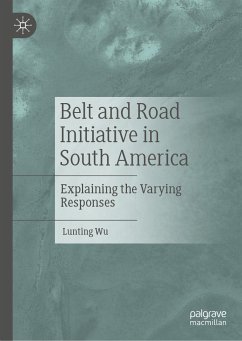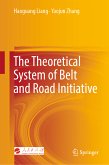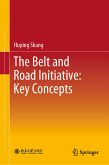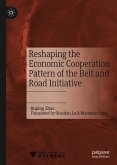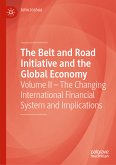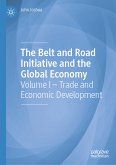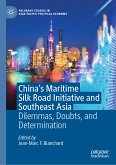This book is concerned with the varying responses of South American countries to the Belt and Road Initiative (BRI). Since Beijing launched the Belt and Road Initiative in 2013, 3/4 of countries in the world have engaged with China's arrangement of promoting global physical and digital connectivity. This still leaves a quarter of them that have refused China's offer so far or withdrawn. How do we account for why countries chose to join the BRI while others do not? Research on South American countries' responses to the BRI is scant, but the topic is pertinent. While the great-power competition and systemic rivalry have spoiled the appetite of European countries to intensify their ties with China, many developing countries seem to be rather interested. This book will interest scholars of international political economy, geopolitics, foreign policy and international development.
¿Lunting Wu is a postdoctoral researcher at the Centre for East European and International Studies (ZOiS) in Berlin, an associate in the Cluster of Excellence "Contestations of the Liberal Script" and the Center for European Integration at Freie Universität Berlin, and a fellow at FGV Europe and the Instituto do Oriente of the University of Lisbon. He holds a PhD in International Relations from Freie Universität Berlin.
Dieser Download kann aus rechtlichen Gründen nur mit Rechnungsadresse in A, B, BG, CY, CZ, D, DK, EW, E, FIN, F, GR, HR, H, IRL, I, LT, L, LR, M, NL, PL, P, R, S, SLO, SK ausgeliefert werden.

